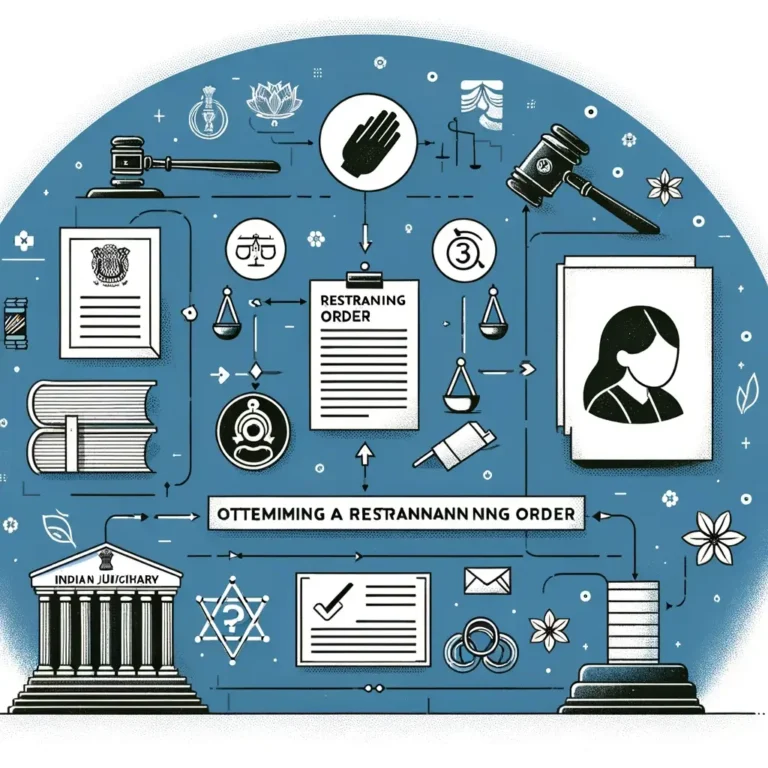In this article Legal Remedies For Victims Of Loan Fraud.Loan fraud has become a significant concern in India, affecting countless individuals and businesses. The sophisticated methods used by fraudsters leave victims grappling with financial loss and emotional distress. This article explores the legal remedies available to victims of loan fraud under Indian law, providing a beacon of hope and a pathway to justice.
Legal Remedies for Victims of Loan Fraud in India
Understanding Loan Fraud
Definition and Types
Loan fraud occurs when deception or fraudulent practices are used to secure a loan, leading to financial loss for the victim. It can take various forms, including identity theft, document forgery, and phishing scams.
Impact on Victims
The impact of loan fraud extends beyond financial loss, affecting victims’ credit scores, causing legal complications, and leading to mental stress.
Legal Framework in India
India’s legal system offers comprehensive remedies for loan fraud victims, anchored in various laws and regulations.
The Indian Penal Code (IPC)
The IPC addresses loan fraud through several sections:
- Section 420: Cheating and dishonestly inducing delivery of property.
- Section 465: Punishment for forgery.
- Section 467: Forgery of valuable security, will, etc.
The Information Technology Act, 2000
This act is pivotal for cases involving online loan fraud, offering specific provisions against cybercrimes.
Remedies for Victims
Filing a Police Complaint
The first step is to file an FIR (First Information Report) at the nearest police station. It’s crucial to provide all relevant documents and evidence of the fraud.
Approaching the Court
Victims can approach the civil courts for recovery of the defrauded amount and the criminal courts to initiate prosecution against the fraudsters.
Banking Ombudsman Scheme
If the fraud involves a banking service, the victim can file a complaint with the Banking Ombudsman – a free and expedient dispute resolution mechanism.
Consumer Protection Act, 2019
Under this act, victims can file complaints against financial institutions for unfair trade practices or deficiency in services related to the loan.
Preventive Measures
Awareness and Vigilance
Staying informed about common fraud schemes and being vigilant about loan offers and financial transactions can prevent fraud.
Secure Transactions
Ensuring secure online transactions, including using verified banking websites and apps, can mitigate the risk of online loan fraud.
Regular Monitoring
Regular monitoring of bank statements and credit reports can help in early detection of any fraudulent activity.
Conclusion
Victims of loan fraud in India have access to a robust legal framework offering multiple remedies. By taking prompt action, including filing police complaints and approaching the appropriate legal forums, victims can seek justice and financial recovery. Awareness, vigilance, and secure practices are key in preventing loan fraud and protecting one’s financial health.
FAQs on Legal Remedies for Victims of Loan Fraud in India
1. What is loan fraud?
Loan fraud involves obtaining finance through deception or fraudulent means, leading to financial loss for the victim.
2. How can I identify loan fraud?
Be wary of unsolicited loan offers, requests for upfront fees, and lenders who aren’t concerned about your credit history.
3. What should I do immediately after discovering a loan fraud?
Immediately report the fraud to the police by filing an FIR and notify your bank or financial institution about the fraud.
4. Which law in India deals with loan fraud?
The Indian Penal Code (IPC) and the Information Technology Act, 2000, are primary laws dealing with loan fraud.
5. Can I file a legal case for online loan fraud?
Yes, victims of online loan fraud can file cases under provisions of the Information Technology Act, 2000.
6. What is the role of the police in loan fraud cases?
The police investigate the fraud after an FIR is filed and can arrest the accused based on evidence.
7. Can I recover the money lost to loan fraud?
Yes, through legal proceedings in civil court, you can seek recovery of the defrauded amount.
8. What is a Banking Ombudsman?
The Banking Ombudsman is a free and expedient complaint redressal mechanism for resolving complaints against banks.
9. How do I approach the Banking Ombudsman?
File a complaint with the Banking Ombudsman if the bank fails to respond within a specified timeframe or you are dissatisfied with their response.
10. Is there a time limit for filing a complaint with the Banking Ombudsman?
Yes, complaints should be filed within one year from the date on which the act constituting the grievance occurred.
11. What documents are needed to file a police complaint for loan fraud?
You’ll need identity proof, any communication with the fraudsters, transaction records, and any other relevant evidence.
12. Can I file a complaint against loan fraud online?
Yes, many police departments offer online FIR filing for financial frauds, including loan fraud.
13. What is the Consumer Protection Act, 2019’s role in loan fraud?
It protects consumers against unfair trade practices and deficiencies in services, allowing victims to file complaints.
14. Can loan fraud affect my credit score?
Yes, if the fraud involves your identity, it can lead to unauthorized transactions that affect your credit score.
15. How can I protect myself from loan fraud?
Verify the credentials of the lender, never share personal information blindly, and be cautious of offers that seem too good to be true.
16. Are there specific penalties for those convicted of loan fraud?
Yes, the IPC provides for imprisonment and fines for fraudsters, the duration and amount depending on the severity of the fraud.
17. Can a lawyer help with loan fraud cases?
Yes, consulting a lawyer can help navigate the legal proceedings more effectively and increase the chances of recovering your losses.
18. What if the fraudster is from another country?
The process becomes more complex, but Indian authorities can collaborate with international agencies for investigation and extradition.
19. How long does it take to resolve a loan fraud case?
The duration varies significantly depending on the case complexity, evidence, and legal proceedings involved.
20. Is there a cost involved in filing a complaint with the Banking Ombudsman?
No, filing a complaint with the Banking Ombudsman is free of charge.
21. Can I approach consumer courts for loan fraud?
Yes, if the fraud involves deficiency in services related to the loan, you can approach consumer courts.
22. What is phishing, and how does it relate to loan fraud?
Phishing is a cybercrime where victims are tricked into providing personal information, often leading to loan fraud.
23. How can I ensure the authenticity of an online lender?
Check for the lender’s registration with the Reserve Bank of India (RBI) and read reviews from other customers.
24. What is the role of the RBI in preventing loan fraud?
The RBI issues guidelines and regulations for banks and financial institutions to prevent fraud, including loan fraud.
25. Can social media be used to commit loan fraud?
Yes, fraudsters often use social media to advertise fake loan offers and gather personal information from unsuspecting victims.
26. What are the signs of a loan scam?
Signs include requests for upfront fees, guarantees without credit checks, and lenders who pressure you to act quickly.
27. How do I report a suspicious loan offer?
Report suspicious offers to the RBI, your bank, and the National Cyber Crime Reporting Portal.
28. Can I take legal action against a bank for negligence in loan fraud?
If a bank’s negligence led to the fraud, you could take legal action against the bank for failing to safeguard your interests.
29. How can I educate myself about loan fraud?
Regularly follow updates from official financial regulatory bodies, participate in financial literacy programs, and use resources available online.
30. Are there any government initiatives to help loan fraud victims?
The government and various regulatory bodies have helplines and online portals where victims can seek assistance and report fraud.
















